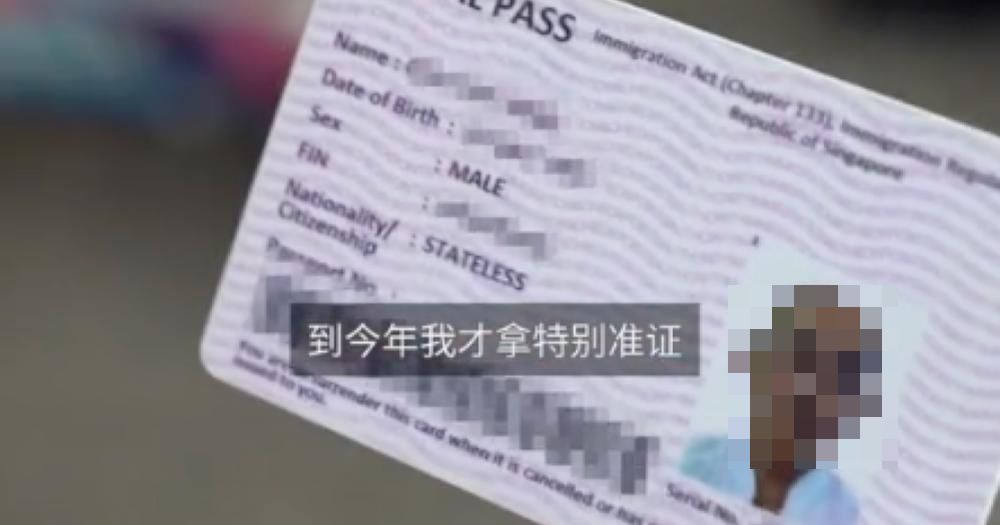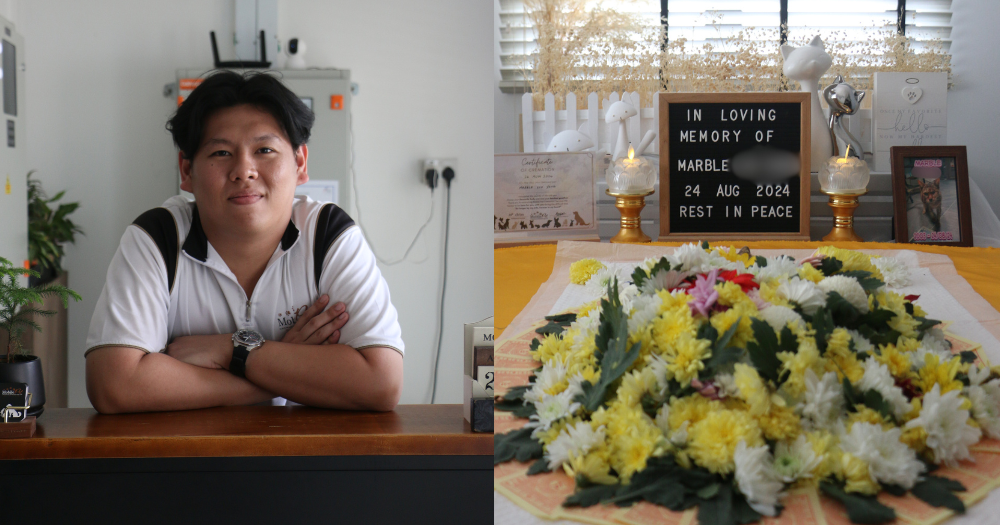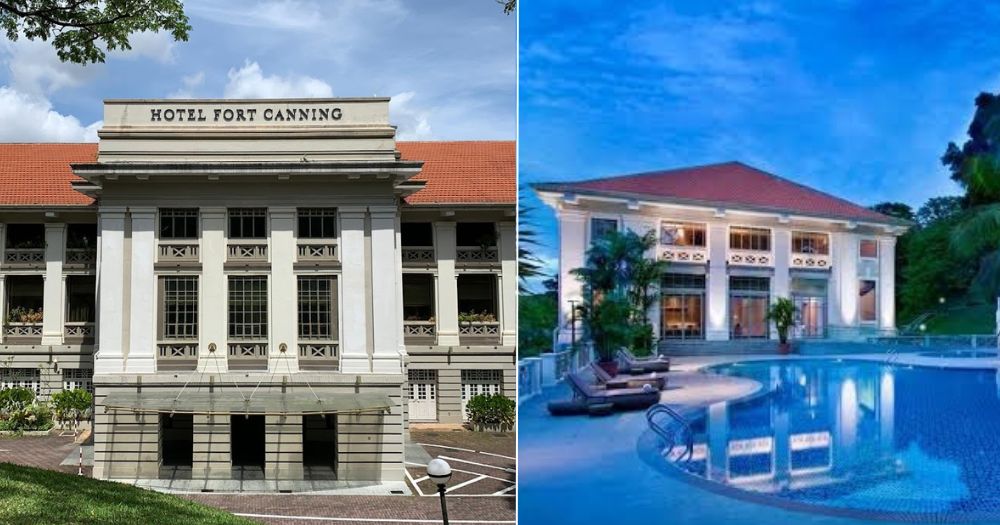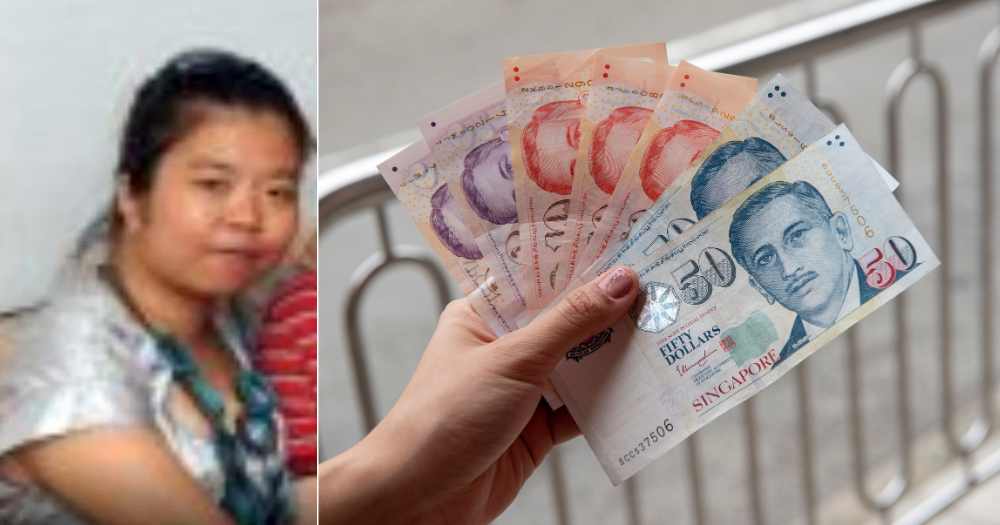853 stateless people living in S'pore as of Dec. 2023
As of Dec. 31, 2023, seven stateless persons were under the age of 12, and 13 stateless persons were between the ages of 12 and 18.

As of Dec. 31, 2023, the government knows of 853 stateless persons living in Singapore, according to Home Affairs Minister K Shanmugam in a written parliamentary reply on Oct. 14.
However, this number could vary for various reasons.
In addition, the length of their residency is unavailable due to the different circumstances under which they may become stateless, he noted.
Shanmugam was responding to a question posed by Member of Parliament Sharael Taha on the current number of stateless residents who have lived in Singapore for more than 20 years, and whether the Ministry of Home Affairs will consider granting citizenship to stateless seniors who have resided in Singapore for over 20 years.
What are some of the circumstances that result in statelessness?
As an example, Shanmugam said some people have chosen to give up or lose their foreign citizenship at some point during their stay in Singapore.
Shanmugam pointed out that the government may learn of their stateless status only when they surrender to or are referred to the Immigration and Checkpoints Authority.
Such cases mean that the government will not have precise data on the number of stateless persons and the precise period for which they have been stateless.
There are also people who were born in Singapore to foreign parents who did not obtain citizenship for them.
Shanmugam said it is the responsibility of the parents or legal guardians to care for the child’s well-being, including obtaining citizenship for their child.
As of Dec. 31, 2023, seven stateless persons were under the age of 12, and 13 stateless persons were between the ages of 12 and 18.
Applications for Singapore citizenship are evaluated on a range of criteria
As for applications for Singapore citizenship, including those submitted by stateless individuals, they are evaluated on a range of criteria, Shanmugam added.
The criteria includes the the conduct and contributions of the applicant, links to Singapore including if they have family members who are Singaporeans, and how long they have been in Singapore.
The circumstances under which the person became stateless would also be taken into consideration.
"As one of the world’s smallest and most densely populated countries, we must be highly discerning as to whom we grant citizenship," he wrote.
All applications for citizenship are, therefore, considered on a case-by-case basis, he added
Welfare for stateless child or young person
"Like many other countries, Singapore does not automatically grant citizenship to a child just by virtue of the child being born here," Shanmugam said.
He explained that Singapore's Constitution automatically confers Singapore citizenship to children born in Singapore to married parents when at least one of the parents is a Singapore citizen.
If the child's parents are foreigners, Singapore does not automatically confer citizenship but would assess the child's citizenship application alongside all other applications.
On welfare for stateless children or young persons, Shanmugam said that if a child or young person has no parent or caregiver willing or able to provide care or guardianship in Singapore, they may be provided with statutory protection under the Children and Young Persons Act.
If stateless persons are also Permanent Residents (PRs), they will be treated no differently from other PRs.
However, if they are not PRs, they can access healthcare benefits through their family members who have citizenship or permanent residency.
If under state care, they can assess subsidies through a Medical Fee Exemption card or approach medical social workers.
Stateless students can enrol in Singapore's mainstream schools and tertiary institutions, subject to admission criteria.
For housing, stateless persons who are not PRs cannot buy or rent a flat from the Housing and Development Board (HDB).
However, they can live in an HDB flat as an occupier if they are part of a family eligible to buy or rent a flat.
"For those who face genuine housing difficulties and have no other housing options, HDB will work with the relevant agencies like the Ministry of Social and Family Development to assess how best to assist them," Shanmugam said.
Top image via 8world/TikTok
MORE STORIES




















